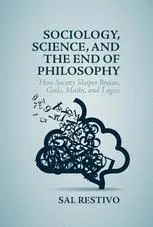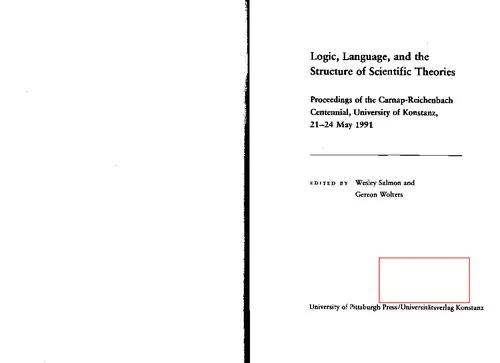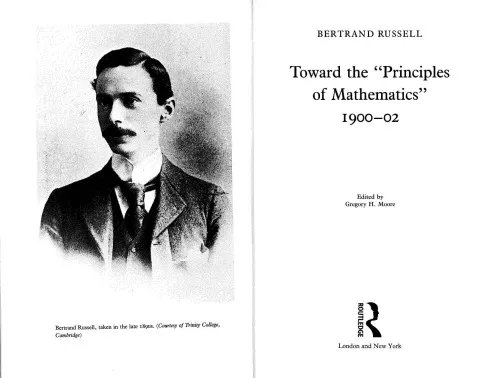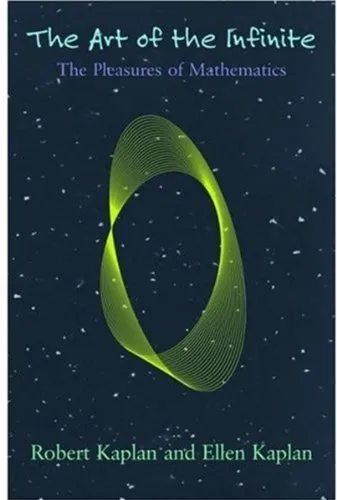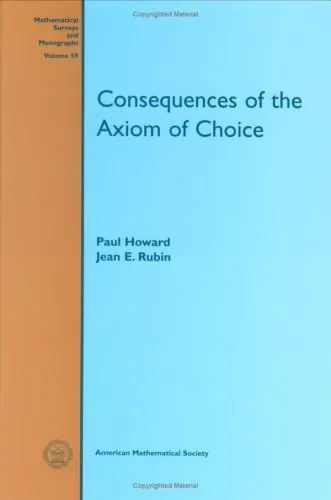Sociology, Science, and the End of Philosophy: How Society Shapes Brains, Gods, Maths, and Logics
4.8
Reviews from our users

You Can Ask your questions from this book's AI after Login
Each download or ask from book AI costs 2 points. To earn more free points, please visit the Points Guide Page and complete some valuable actions.Related Refrences:
Welcome to an exploration of the provocative book "Sociology, Science, and the End of Philosophy: How Society Shapes Brains, Gods, Maths, and Logics" by Sal Restivo. This book offers a unique lens into the intricate ways that society influences the realms we often consider immutable: our minds, beliefs, mathematics, and logic.
Detailed Summary of the Book
In "Sociology, Science, and the End of Philosophy," Sal Restivo challenges conventional wisdom by examining how deeply societal contexts penetrate domains traditionally seen as objective and universal. This book takes the reader on a journey through a sociological perspective that dismantles the wall between the subjective social sphere and the supposed objectivity of sciences and philosophies. Restivo argues that our cognitive processes, religious beliefs, mathematical understandings, and logical principles are heavily mediated by the society we inhabit. By combining insights from sociology, cognitive science, and philosophical critique, Restivo provides a holistic account demonstrating that our intellectual edifices are, in fact, social constructs.
Key Takeaways
- The idea of objectivity in science and philosophy is more about a societal consensus than absolute truth.
- Mathematics and logic, often deemed as universal, can vary significantly across different cultures, influenced by societal needs and orientations.
- The human brain is not a standalone organ; it is shaped and developed within the social environment, altering cognitive pathways and belief systems.
- Religions and gods are reflections of social structures, manifesting the collective concerns and aspirations of communities.
- Understanding the sociology behind scientific and philosophical developments can lead to a greater appreciation of human creativity and adaptability.
Famous Quotes from the Book
"The sacred cows of science and philosophy are, in the end, social constructions, creations of communal understanding shaped by collective human endeavors."
"Brains are not mere biological entities. They are sculpted by society, reflecting the ever-changing tapestry of human interactions and cultural values."
"To question logic and math is to unveil the profound influence that societal norms have in crafting what we take for unquestionable truths."
Why This Book Matters
This work is significant because it questions the tenets upon which modern intellectualism is built. By exposing the societal roots of fields often considered impervious to social influence, Restivo encourages a re-evaluation of what we accept as true and invites us to recognize the social underpinnings of our cognitive landscapes. The book is an essential text for scholars and students prepared to critically engage with the interplay between society and science. As we move forward into an era of rapid social and technological change, understanding these dynamics is crucial for fostering interdisciplinary dialogues and developing a more inclusive, contextual understanding of science and philosophy.
Dive deep into this compelling discourse and challenge your perspective on the interrelationship between society and the intellectual domains you hold dear. Sal Restivo's "Sociology, Science, and the End of Philosophy" offers a fresh viewpoint on some of the most fundamental aspects of human thought and culture.
Free Direct Download
You Can Download this book after Login
Accessing books through legal platforms and public libraries not only supports the rights of authors and publishers but also contributes to the sustainability of reading culture. Before downloading, please take a moment to consider these options.
Find this book on other platforms:
WorldCat helps you find books in libraries worldwide.
See ratings, reviews, and discussions on Goodreads.
Find and buy rare or used books on AbeBooks.
1388
بازدید4.8
امتیاز0
نظر98%
رضایتReviews:
4.8
Based on 0 users review
Questions & Answers
Ask questions about this book or help others by answering
No questions yet. Be the first to ask!
